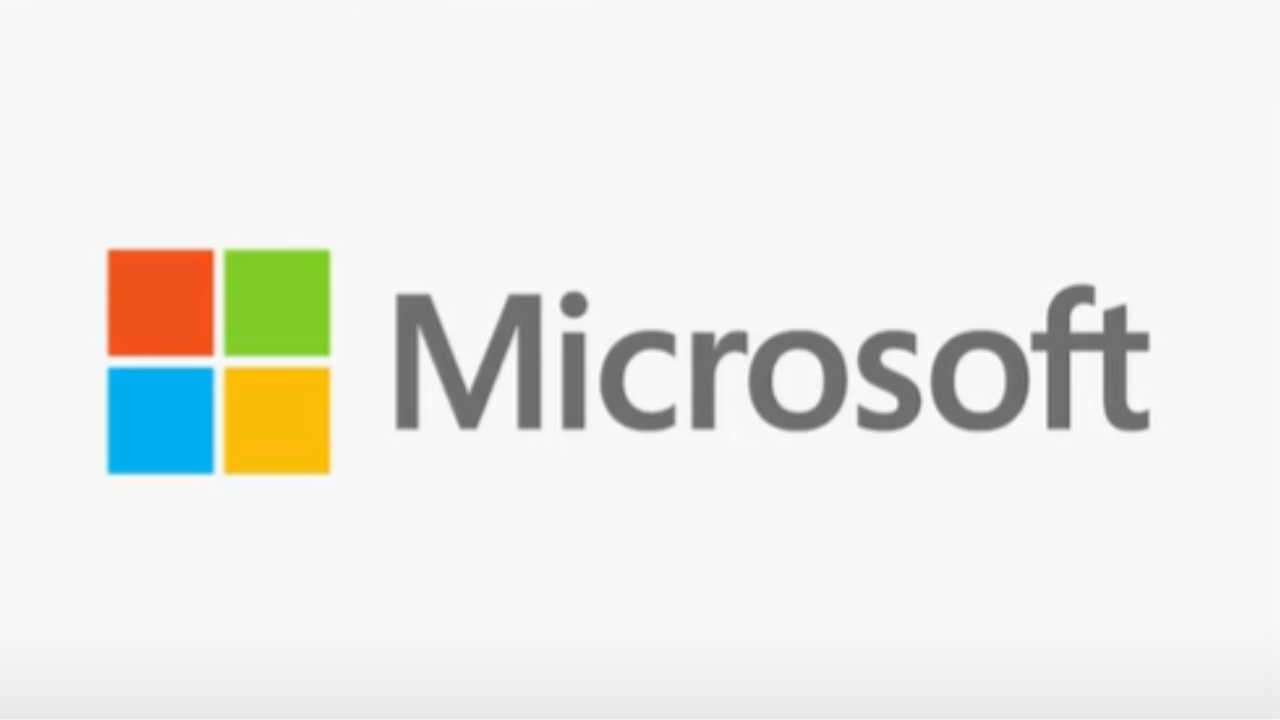MSFT Earnings: Soft Cloud Sales Cause Microsoft to Drop
After hours trading saw a decline in Microsoft MSFT -0.89% ▼ shares after the tech giant revealed its Q4 earnings. The $2.95 earnings per share figure exceeded the $2.94 consensus forecast of analysts. Sales rose by 15.1% on a yearly basis, and revenue of $64.7 billion above analysts’ forecast of $64.44 billion. But it seems that money from the cloud ruined things for investors.

In actuality, cloud-related sales for the period were $36.8 billion, as opposed to the estimated $36.84 billion. Upon closer examination, Microsoft’s Intelligent Cloud division, which encompasses Azure, accounted for $28.5 billion of revenue, representing a 19% growth. Furthermore, year-over-year growth in Azure revenue was 29% as opposed to projections of above 30%.
MSFT stock is currently receiving negative investor sentiment.
Investors in TipRanks are feeling pessimistic right now. 17.6% of the 748,866 portfolios that TipRanks monitors have Microsoft stock. Furthermore, among those who do own a position, the average portfolio weighting allotted to MSFT is 12.21%. This implies that the company’s investors have a great deal of faith in its future.
Azure Growth at Microsoft Sluggishly Tests Investors’ Patience
Investors hoping to see a return on their substantial investments in artificial intelligence technologies were disappointed by Microsoft Corp.’s Azure cloud computing service, which reported a decrease in quarterly growth.
Azure has been Microsoft’s primary growth engine in recent years. Its revenue increased 29% in the fiscal fourth quarter after jumping 31% in the preceding quarter.
According to Deepwater Asset Management managing partner Doug Clinton, “it was really about the cloud services number—it needed to be just a little higher,” as he stated on Bloomberg Television. Still, Barclays analyst Raimo Lenschow said that the increased contribution from AI validates commercial momentum with that developing technology.
Microsoft’s product range has been infused by Chief Executive Officer Satya Nadella with artificial intelligence (AI) technologies from partner OpenAI. These include digital assistants known as Copilots, which can create emails, computer code, and other content in addition to summarizing documents. Additionally, the business offers Azure cloud subscriptions with OpenAI products. Microsoft has been investing billions in building new data centers to match the demand for cloud computing and power-hungry AI services, alongside competitors like Google and Amazon.com Inc.
During a Tuesday analyst call, Chief Financial Officer Amy Hood stated that while Azure growth will remain slow in the current quarter, which concludes in September, the company will be able to take advantage of demand and accelerate Azure growth in the second half of fiscal 2025 by investing in data centers and servers.
In late trading, Microsoft’s shares dropped roughly 4%, reversing earlier losses of up to 9.1%. In 2024, the stock finished at $422.92 in New York, a 12% gain.
Capital expenditures, which investors are eagerly monitoring as the business begins its historic AI build-out, increased to $19 billion, including server farm leases, in the fourth quarter, which ended on June 30 from $14 billion in the prior quarter. According to Hood, that figure will rise in the upcoming fiscal year.
According to investor relations chief Brett Iversen, Microsoft does not currently have the ability to meet customer demand for AI and cloud services. He declared, “We’re laying the groundwork for that as soon as we can.”
Investors who are cautious have expressed dissatisfaction in recent weeks with tech companies’ attempts to recoup their substantial AI expenditures. Alphabet Inc., the parent company of Google, saw its shares plummet last week as Wall Street was taken aback by unexpectedly high costs that obscured robust revenue growth.
The new AI assistants from Microsoft are only now beginning to be used by many of the company’s clients; they still have difficulty handling commands involving several apps and comprehending the meaning of some requests. It is anticipated that the Copilot service, which increases the monthly subscription fee to roughly $60 per user for enterprises, will eventually produce a sizable stream of recurrent income.
According to Iversen, users of the company’s premium Office 365 suite—which has generative AI capabilities—are embracing it more frequently. Microsoft reported that sales of its commercial cloud products, which include Azure and office apps, increased 21% to $36.8 billion, roughly in line with Wall Street projections.
The company stated in a statement on Tuesday that adjusted profit for the fourth quarter was $2.95 per share, with total revenue up 15% to $64.7 billion. On average, analysts projected $64.5 billion in sales and $2.94 in earnings per share.
During the call, Nadella stated that Copilot usage at work had increased from quarter to quarter. According to him, 40% of GitHub’s revenue increase is attributable to the company’s use of Copilot, which enables AI support for software development.
The company’s Xbox video game division saw a 61% increase in content and services revenue; a large portion of this rise was caused by the October completion of the $69 billion acquisition of Activision Blizzard.
Microsoft’s Office 365 and Azure services had partial disruptions just hours before the company announced its financial results, causing customers’ services, notably Starbucks Corp., to stop operating.
A few weeks prior, an error in a software update from cybersecurity company CrowdStrike Holdings Inc. caused almost 8 million Windows systems of Microsoft to crash. Even though CrowdStrike was the source of the outage, Tyler Radke, an analyst at Citigroup, stated prior to earnings that “Microsoft may still have to deal with negative perception around perceived vulnerabilities to its operating system.”
In the call with investors, Nadella highlighted developments in the cybersecurity products of the company. The business claims to have more than 1.2 million security clients, and its security solution, Defender for Cloud, generated over $1 billion in sales in the previous year. Nadella declared, “We continue to prioritize security above all else.”









